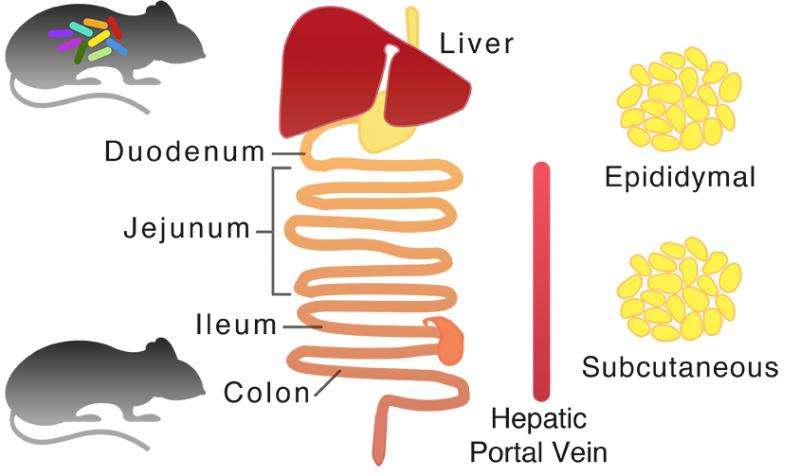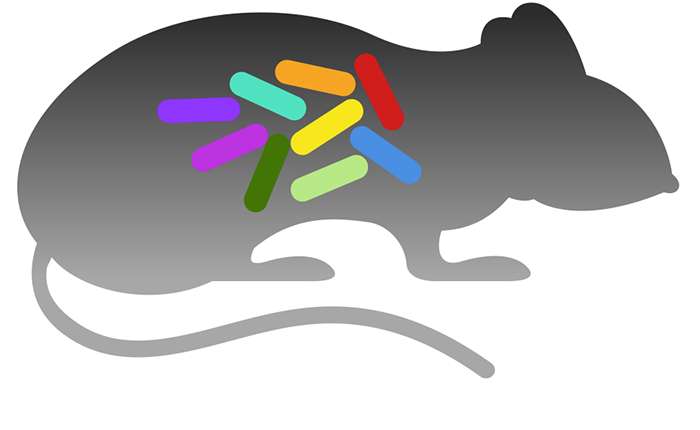Study reveals a key role your gut bacteria play in body's self-defense

Chalk up another reason why your gut bacteria are so critical to your health—and why these microorganisms could be the key to preventing a host of diseases. Scientists in Sweden have discovered that human intestinal flora regulate the levels of the body's main antioxidant, glutathione, which fights a host of diseases.
The study could lead to new probiotic-delivering foods, and a better understanding of the metabolic processes behind diseases such as type 2 diabetes, says co-author Adil Mardinoglu, a systems biology researcher at Stockholm's KTH Royal Institute of Technology.
Published in the scientific journal, Molecular Systems Biology, the findings help complete our understanding of how nonessential amino acids are synthesized to equip the body's cells with detoxifying agents and antioxidants, Mardinoglu says.
"Gut microbiota regulate your glutathione and amino acid metabolism—not only in the small intestine but also in the liver and the colon," he says.
The small intestine is host to more than 1,000 known different species of bacteria. Some of these microbiota were found to be consume glycine, which is one of the three amino acids required for the synthesis of the body's glutathione. In a test with bacteria-free mice, the researchers measured the level of the amino acids in the portal vein, the main vessel that drains blood from the gastrointestinal tract and spleen to the liver. They found a lower level of glycine in the liver and colon tissues, which indicated that the gut bacteria regulates glutathione metabolism in those organs, too.
Mardinoglu points out that since decreased levels of glycine and other amino acids have been linked to type 2 diabetes, non-alcoholic fatty liver disease and other metabolism-related disorders, further study of microbial amino acids in the human gastrointestinal tract could shed light on the development of these diseases.

The link between gut bacteria and glutathione metabolism could lead to the development of food products that can deliver beneficial bacteria, or probiotics, to the gut," Mardinoglu says. "These results can be used to understand how bacteria play a role in the metabolic processes involved in the development of obesity, type 2 diabetes, non-alcoholic fatty liver disease as well as malnutrition."
More information: Mardinoglu A, Shoaie S, Bergentall M, Ghaffari P, Zhang C, Larsson E, Bäckhed F, Nielsen J (2015), The gut microbiota modulates host amino acid and glutathione metabolism in mice, Molecular Systems Biology, 11: 834. msb.embopress.org/content/11/10/834













